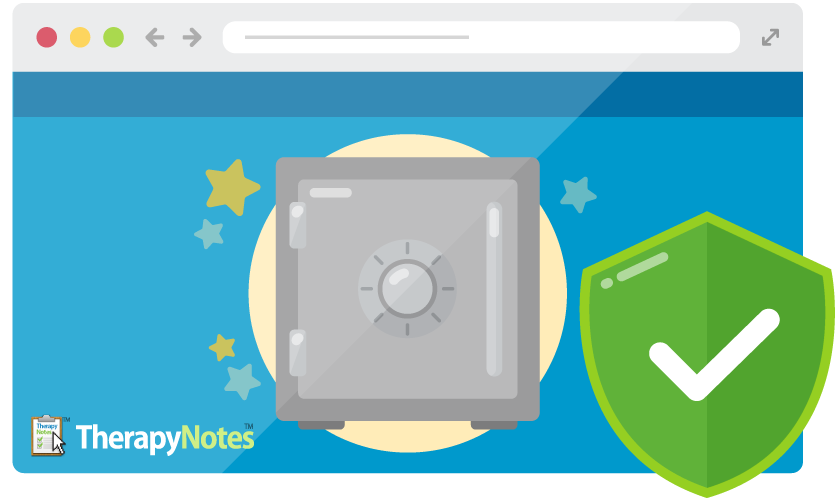3 Important Things When Building Your Practice
By Allison Puryear, LCSW, CEDS on January 12, 2023

This is going to be a bit of a three-for-one special, folks, so buckle up! I want to talk with you about three important things to keep in mind when building your private practice: your niche, your schedule, and paying yourself.
Niches are great, but they are absolutely not dictates
The most important factors are if you are effective with your client and if you enjoy working with them.
Ideal clients are a marketing strategy. They are not necessarily who you’re supposed to fill your entire practice with. If you want to, you absolutely can! That being said, a lot of people hear that they should be marketing to their ideal clients and feel as though they’re not doing it correctly if they see clients who don’t fit that mold. One of the most freeing parts of private practice is that you’re the boss, so you get to say how things go. You can have 100% ideal clients or 10% ideal clients (though that latter would be weird.)
Let’s say you don’t feel effective with a particular client. You have options—you can seek supervision or you can consider referring to someone that you know does amazing work with their particular struggle. I find that we’re far more likely to hold on to clients who we don’t do our best work with when the phone isn’t ringing a ton. In doing so, we’re prioritizing our security over our client’s progress.
Create a schedule that works for you
The coolest thing about private practice is that basically whatever you want, you can have. There is so much freedom in that that we don’t even realize.
For reference, though, the earliest I have ever seen clients is 7 AM, and it was my most popular time slot ever. I’m most sharp in the morning (i.e. my brain is basically white noise after 7 PM most days.)
There was a minute when I was younger that my last appointment was 8 PM. My brain was less mushy then and I saw clients after my full-time job. It worked out just fine then, but there’s no way I could do that now. The flexibility of private practice is just magical.
Work up to paying yourself
Do it once you’ve saved some for your personal and business emergency funds. The me in 2019 would have said, "Don't worry too much about your business emergency fund, as long as you have a personal emergency fund.” Having lived through 2020, I'd recommend having at least three months of business expenses, for no reason other than the fact that it'll keep you from panicking about money if anything like this pandemic happens again.
So, let's say you already have enough in your account to cover three months of overhead expenses and you have enough in your tax savings account to cover taxes so far. Now it's time to pay yourself.
Ninety-nine percent of the time when someone hasn't paid themselves, it’s because they're afraid. Whether you’re afraid of doing it wrong and getting in trouble or you’re afraid of the worthiness struggle that sometimes comes up when paying yourself, there is a real fear there. Get clear on which fears you're dealing with. Look into the correct way to pay yourself if you're afraid of doing it wrong. And remember that if you'd put in this many hours at a job without getting paid you would cause a riot (and rightfully so!)
* The content of this post is intended to serve as general advice and information. It is not to be taken as legal advice and may not account for all rules and regulations in every jurisdiction. For legal advice, please contact an attorney.
About Allison Puryear, LCSW, CEDS
Get more content like this, delivered right to your inbox. Subscribe to our newsletter.
More Content You'll Enjoy

Converting Clients

Building a Leadership Team
